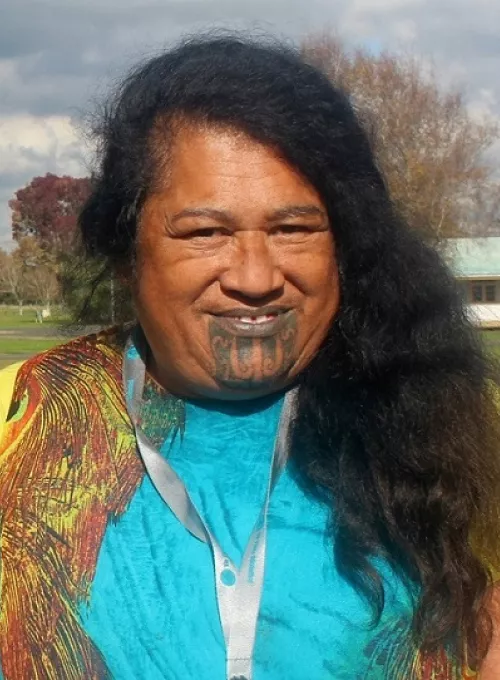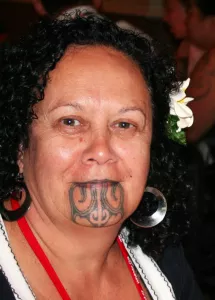
Tui Taurua-Peihopa is a fearless and influential leader within the tangata whaiora movement, dedicated to advocating for equity, dismantling stigma, and elevating the voices of those with lived experience in mental health and addiction. Her leadership embodies her Ngāpuhitanga and her identity as a wahine Māori, creating transformative pathways in the mental health sector and beyond.
Tui holds several prominent positions where her lived experience and expertise guide her advocacy for systemic change:
- Associate Psychologist Advisory Group, Health NZ | Te Whatu Ora (2024–Present)
- Chair, Lived Experience Governance Group, Te Hiringa Hauora / Nōku Te Ao (2021–Present)
- Deputy Chair, Health Disability Commission & Medical Council, Whakawaha Community Advisory Group (2022–Present)
- Equally Well Strategic Leadership Roopu & Nga Waka o Matariki Maori - contributing to Māori health strategies that address physical health inequities in mental health and addiction. This work also focuses on diagnostic overshadowing, where physical health issues are often overlooked or overshadowed by a mental health diagnosis. (2019–Present).
Tui’s academic achievements reflect her dedication to kaupapa Māori approaches to mental health and leadership:
- Commence Master of Applied Indigenous Studies at Te Wānanga o Aotearoa (2025).
- Completed a Post Graduate Diploma in Kaitiakitanga Professional Bicultural Supervision (2024)
Tui has made significant contributions through her roles as:
- Trustee, Tiaki Taonga Trust Wai 262, fostering Māori-led solutions for future generations (2024–Present).
- Mental Health Lead, Ngāpuhi Taumata (2018–Present).
- Chair, Te Huarahi o te Kete Pounamu (2014–2018).
Her work extends into research and policy development, including serving on the Expert Advisory Group for the repeal and replacement of the Mental Health Act and as a Māori Advisor for COVID-19 equity initiatives with the Ministry of Health.
Tui’s influence in mental health has been pivotal. She has driven initiatives like the groundbreaking Like Minds, Like Mine programme, ensuring the kaupapa was underpinned by tikanga Māori and that Māori perspectives were central to reducing stigma and discrimination.
Her approach is deeply rooted in advocacy and storytelling, challenging the sector to see the humanity in mental health and addiction, while encouraging Māori-led solutions. Her courage in sharing her own lived experience has illuminated the stark realities of institutional systems and sparked meaningful change.
Tui Taurua-Peihopa’s leadership is courageous, relentless, and provocative. She is a shining example of what it means to advocate for the unseen and unheard, lifting the veil on madness and guiding others toward a future where the mana of tangata whaiora is honoured.
Her mahi continues to inspire not only within the mental health sector but also across whānau, hapū, iwi, and Crown agencies. Tui’s journey stands as a testament to resilience, authenticity, and the transformative power of lived experience in creating a more equitable Aotearoa.
Links:
Tui Taurua-Peihopa -Tangata Whaiora Kaitiaki
Our Hidden Homeless: Eric Monk finally has a place to call home
His words resound in my head" - Kingi Taurua's daughter
I Am – I Am Tui Taurua: I Am A Mental Health Warrior
Consumer voice: What does equity mean to you and your community?
Cinnamon Whitlock
Updated 02 December 2024



